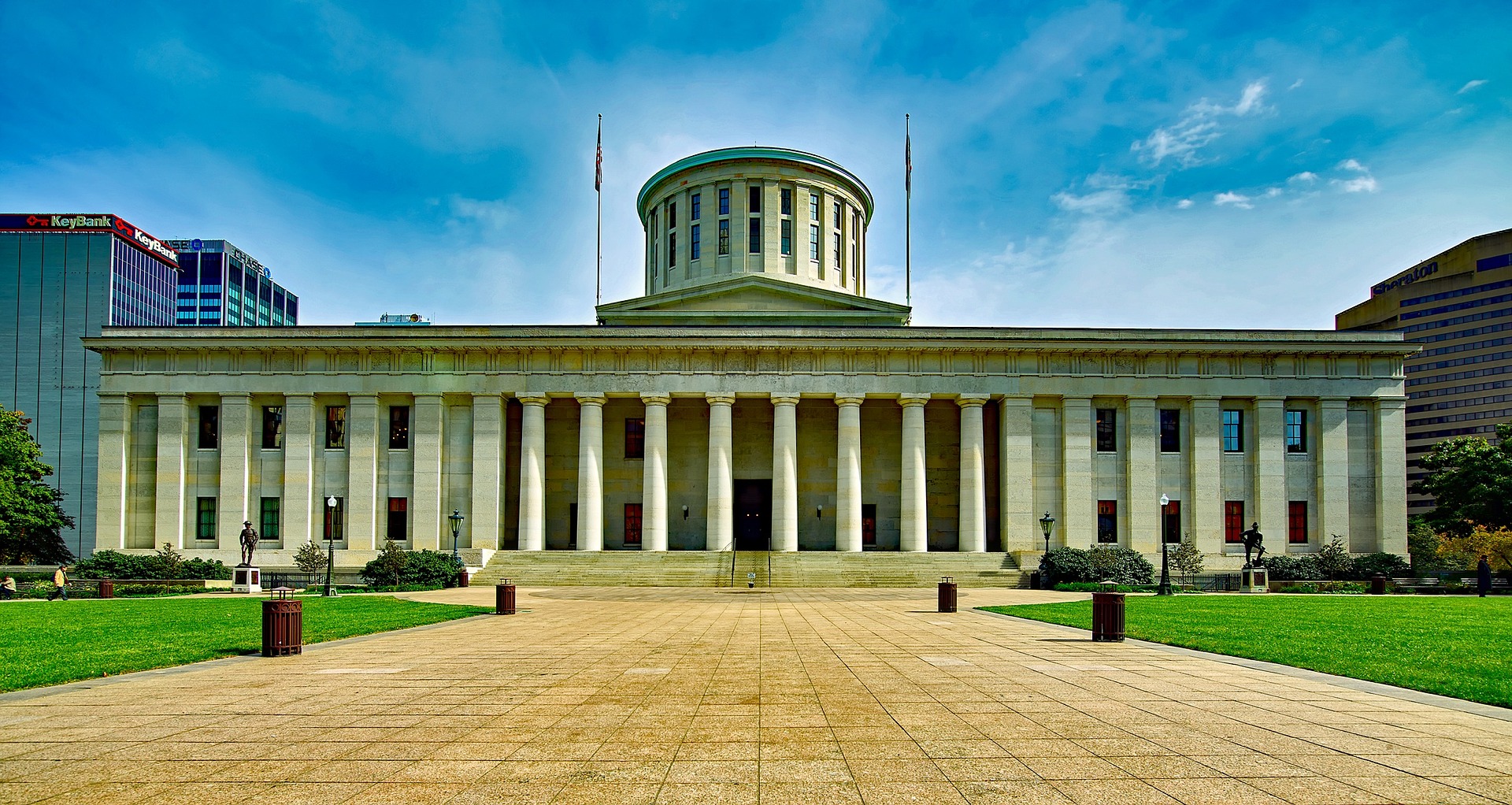"Deciphering the Implications of the Digital Millennium Copyright Act"
Introduction: The Digital Millennium Copyright Act (DMCA) is a landmark piece of legislation that has shaped the digital landscape for over two decades. This article delves into the complexities of the DMCA, discussing its historical context, recent developments, and societal implications.

Genesis of the Digital Millennium Copyright Act
Passed by Congress in 1998, the DMCA was a response to the growing concerns about copyright infringement in the digital age. The Act sought to balance the rights of copyright holders with the technological advances that made sharing and accessing content easier than ever before. The legislation was divided into five titles, each addressing a different aspect of digital copyright protection.
Understanding the DMCA’s Key Provisions
Two of the most significant titles under the DMCA are Title I and II. Title I implements two World Intellectual Property Organization (WIPO) treaties and criminalizes the circumvention of DRM measures. Title II, also known as the Online Copyright Infringement Liability Limitation Act (OCILLA), provides a safe harbor provision for internet service providers (ISPs), shielding them from liability for the infringing activities of their users.
Recent Developments: The CASE Act and the DMCA
In December 2020, the Copyright Alternative in Small-Claims Enforcement (CASE) Act was signed into law as part of the COVID-19 relief and government funding bill. This law creates a small claims court within the U.S. Copyright Office, providing an affordable legal pathway for creators to defend their rights. This development is closely tied to the DMCA, as it offers an additional tool for copyright holders grappling with digital infringements.
DMCA: Impact on Society and the Digital World
The DMCA has had far-reaching effects on society, particularly in the realm of digital content. While it has provided crucial protections for copyright holders, it has also been criticized for its impact on consumers and the broader digital ecosystem. Critics argue that the DMCA’s anti-circumvention provisions stifle innovation and limit the fair use of copyrighted materials.
Looking Ahead: The DMCA in the Future
As we continue to navigate the digital age, the DMCA will undoubtedly remain a vital piece of legislation. However, it is crucial to continuously reevaluate its provisions in light of technological advancements and societal changes. Ongoing dialogue and policy refinement will be essential in ensuring that the DMCA effectively balances the rights of copyright holders with the evolving needs of the digital world.
In conclusion, the DMCA is a complex and influential law that has significantly shaped the digital landscape. By understanding its history, key provisions, and societal impact, we can better appreciate its role in our digital lives and contribute to the ongoing conversations about its future.




